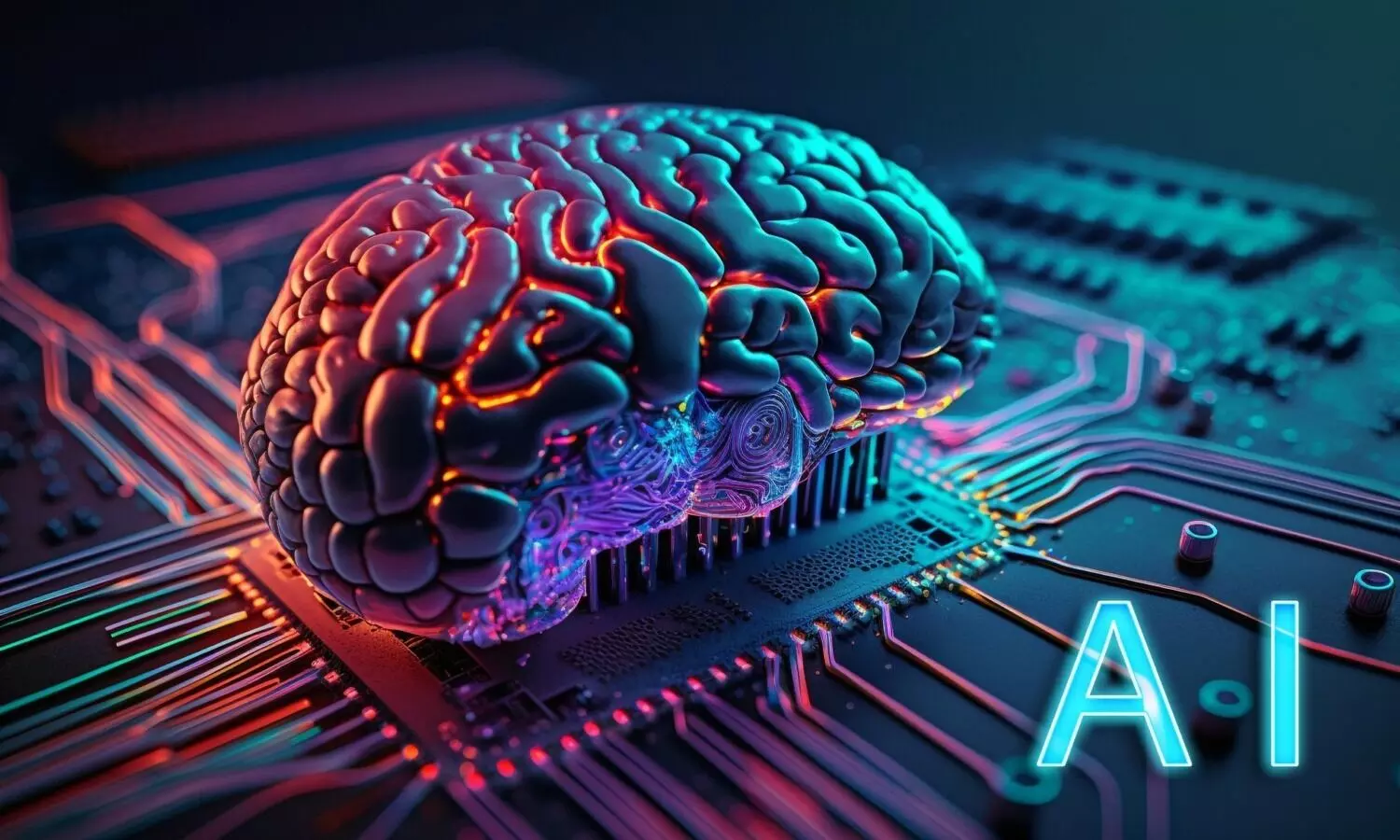TRENDING TAGS :
AI on the Rise: Friend or Foe? Exploring the Future of Artificial Intelligence
Is artificial intelligence (AI) here to help us or take over? Explore the current state of AI, its potential benefits and drawbacks, and what the future holds for this rapidly evolving technology.
AI (Artificial Intelligence)
Artificial intelligence (AI) has become a ubiquitous term, woven into the fabric of our daily lives. From the virtual assistants on our smartphones to the algorithms that recommend movies and music, AI is quietly transforming the world around us. But what exactly is AI, and where is it headed?
AI encompasses a range of technologies that enable machines to simulate human intelligence. Machine learning, a powerful subfield of AI, allows machines to learn and improve without explicit programming. By analyzing vast amounts of data, AI systems can recognize patterns, make predictions, and even make decisions.
The potential benefits of AI are vast. In healthcare, AI can analyze medical scans, assist in drug discovery, and even personalize treatment plans. In transportation, self-driving cars powered by AI promise to revolutionize road safety and efficiency. AI can also tackle complex challenges like climate change by optimizing energy use and designing sustainable solutions.
However, alongside the promise, concerns about AI are also rising. One major concern is the potential for automation to displace human workers. As AI becomes more sophisticated, repetitive jobs are increasingly at risk. This raises questions about job security and the need for retraining programs to equip people with the skills needed in the AI-powered economy.
Another concern is the potential misuse of AI for malicious purposes. Autonomous weapons systems controlled by AI pose a significant threat, and the potential for AI-powered cyberattacks and social engineering is another worry. Additionally, the ethical implications of AI decision-making need careful consideration. Biases in training data can lead to discriminatory outcomes, and ensuring fairness and transparency in AI algorithms is crucial.
The future of AI is uncertain, but it's clear that this technology has the potential to profoundly impact our lives. As we move forward, it's crucial to strike a balance between harnessing the power of AI for good while mitigating its potential risks. This requires ongoing research, development of robust regulations, and a focus on ethical considerations throughout the design and implementation of AI systems.
Ultimately, the direction of AI will be shaped by the choices we make today. Open discussion, collaboration, and responsible development will be key to ensuring that AI serves humanity for the betterment of all.



